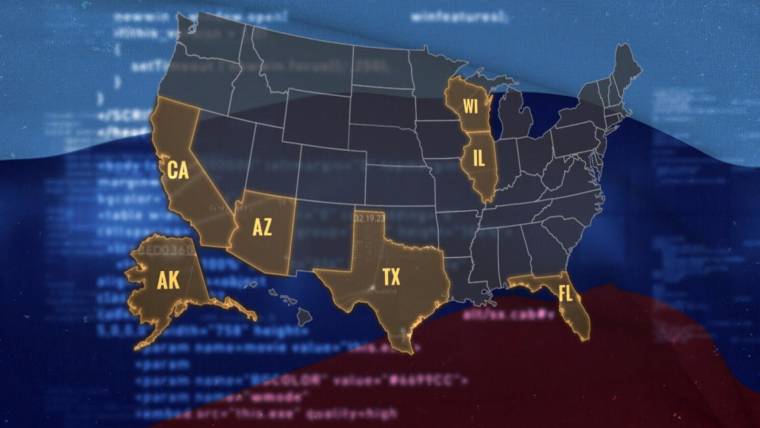This is a 3 part RICO case against Glenn Simpson, all things Fusion GPS and Campaign for Accountability, Inc..
Very interesting of the details that Nunes and his lawyer provide in detail. While Conngressman Nunes is suing for at least $9.9 million, it is not so much about an end result but more about the discovery process in the case. That means in layman’s terms, a document production requirement which is all the Republicans have been demanding of government agencies during the whole Russian collusion case. Government agencies, including the Department of Justice and the FBI for the most part have either slow-walked responses, redacted documents or have been completely non-responsive. In this type of lawsuit, where a jury is demanded, documents must be produced.
Meanwhile, Congressman Nunes could have a real ally in this lawsuit. He is one Bill Browder, a former U.S. citizen, now a citizen of Britain. You may remember Mr. Browder as he has been on the quest to have foreign government adopt the Magnitsky Act, a law fully adopted by the United States several years ago.

You may also remember that little meeting that got so much press that included Trump Jr., Paul Manafort, Jared Kushner and Natalia Veselnitskaya. Fusion GPS did the same thing to Mr. Browder that Congressman Nunes is alleging in his complaint.
Following California GOP Rep. Devin Nunes’ $9.9M lawsuit against Fusion GPS over alleged “smear” tactics, businessman and Magnitsky Act advocate Bill Browder told Fox News that the opposition research firm behind the anti-Trump Steele dossier also targeted him with an organized misinformation campaign.
Browder is the CEO and co-founder of Hermitage Capital, which was once the largest foreign portfolio investor in Russia. He told Fox News that Fusion GPS and founder Glenn Simpson were working with Russians who wanted the Magnitsky Act repealed — and that they “played dirty.”
“It appears on a whole range of stories they are in the lying and smear campaigning business,” Browder said. “My experience does not look like an isolated incident. These guys play dirty, and I have seen it firsthand.”He continued: “I had an experience with Glenn Simpson and Fusion GPS in spring 2016 where they were paid agents for individuals connected to the Russian government. They lied to journalists and other thought leaders in Washington about me and the Magnitsky case to have the act repealed.”
***
In part from the Washington Examiner:
Veselnitskaya was a Russian prosecutor, then performed government-related lobbying in the U.S. against the Magnitsky Act. Prevezon was a company alleged to have laundered fraudulent money exposed by Magnitsky, so Veselnitskaya hired BakerHostetler to help Prevezon in court — and the law firm hired Fusion GPS.
Glenn Simpson, the opposition research firm’s founder, testified he started working with Veselnitskaya in 2014 and said “she would have arranged for Prevezon to pay Baker Hostetler which paid us.” Simpson knew the research he conducted opposing the Magnitsky Act, criticizing Magnitsky advocate and friend Bill Browder and defending Prevezon, made its way to Veselnitskaya. And Simpson met with Veselnitskaya the day before the Trump Tower meeting, the day of it, and the day after. Simpson claimed he didn’t know she was connected to the Kremlin and didn’t know about the Trump Tower meeting beforehand.
Veselnitskaya attended the meeting with a Russian translator and fellow Russian anti-Magnistky Act lobbyists and Prevezon case workers. Veselnitskaya presented a document echoing official Kremlin talking points criticizing the Magnitsky Act and attacking Browder and others by alleging financial misconduct in their support for Democrats. When Don Jr. asked for proof, she had none. The Russians also complained about U.S. sanctions imposed under the Magnitsky Act and Putin’s response banning U.S. adoption of Russian children. Trump associates expecting dirt on Clinton considered the meeting a waste of time. The media revealed the meeting’s existence in July 2017.






 (in full disclosure, I have done several interviews with former DEA Special Agent, Derek Maltz on Operation Cassandra)
(in full disclosure, I have done several interviews with former DEA Special Agent, Derek Maltz on Operation Cassandra)